Coins
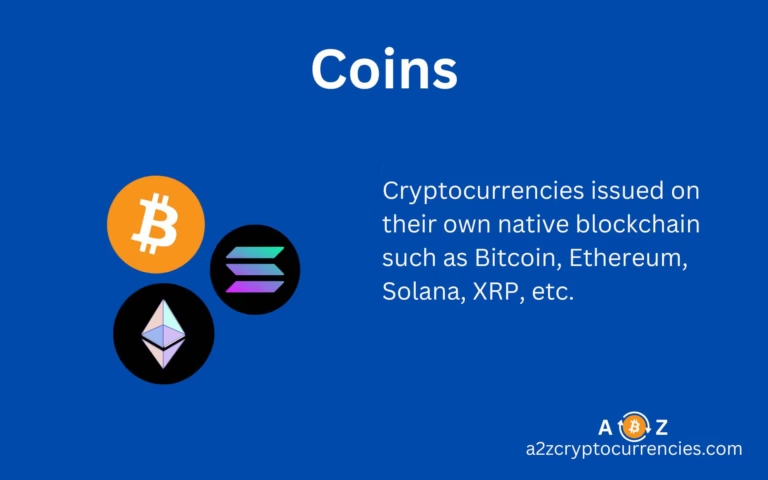
Coins are native to their respective blockchains, while tokens operate on secondary blockchains, often leveraging smart contracts or bridging mechanisms to facilitate their transfer and usage.

Coins are native to their respective blockchains, while tokens operate on secondary blockchains, often leveraging smart contracts or bridging mechanisms to facilitate their transfer and usage.
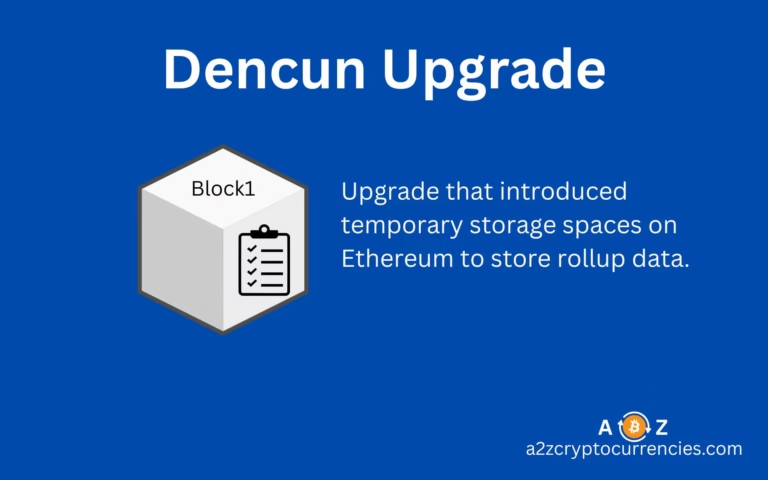
The Dencun Upgrade was an Ethereum scalability solution that improved transaction speeds on its blockchain via a rollup feature called "blobs"
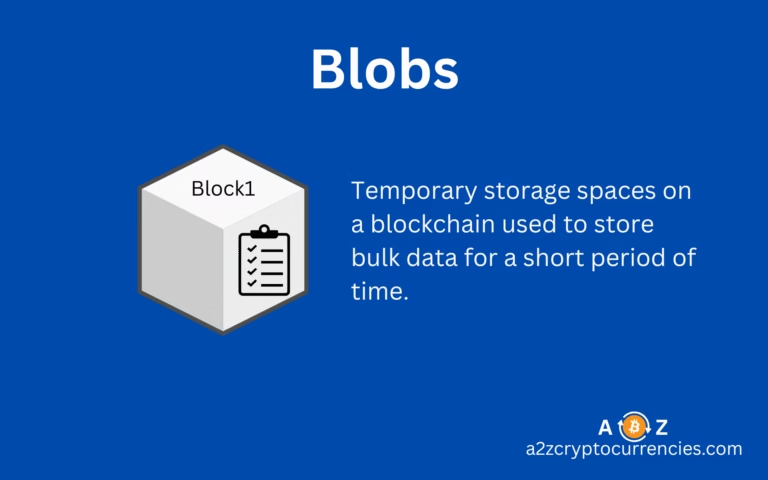
Blobs are temporary storage spaces in Ethereum blocks that store roll-up summaries (hashes)
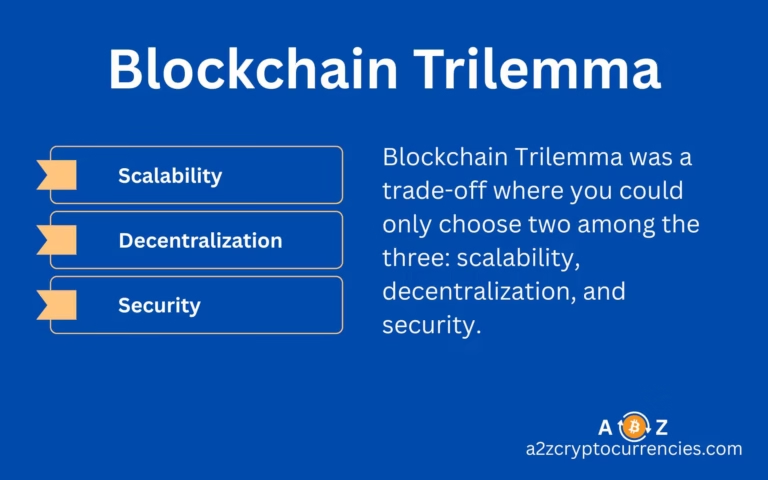
Blockchain Trilemma was a trade-off where you could only choose two among the three: SCALABILITY, SECURITY, and DECENTRALIZATION
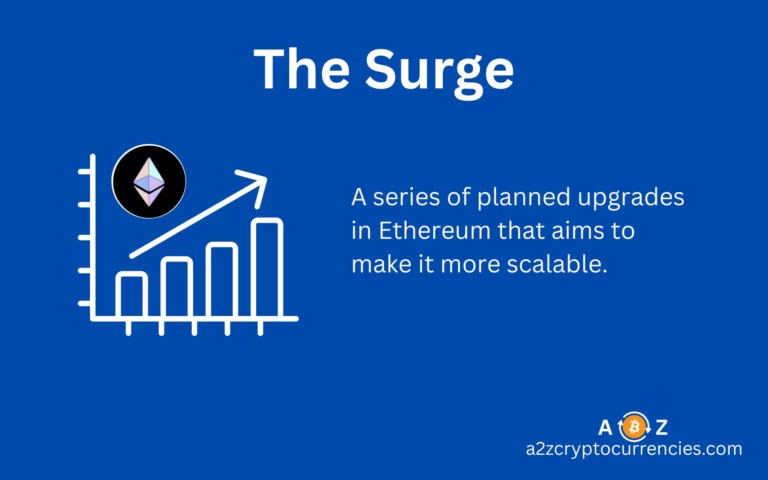
The Surge Series of upgrades are aimed at scaling Ethereum's speed from 15 to 20 transactions per second(TPS) to over 100k TPS.
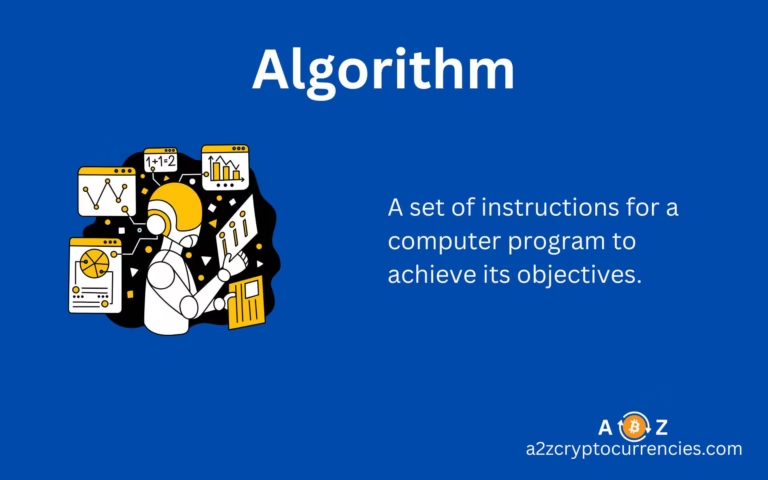
Algorithms are sets of instructions created to perform specific tasks.
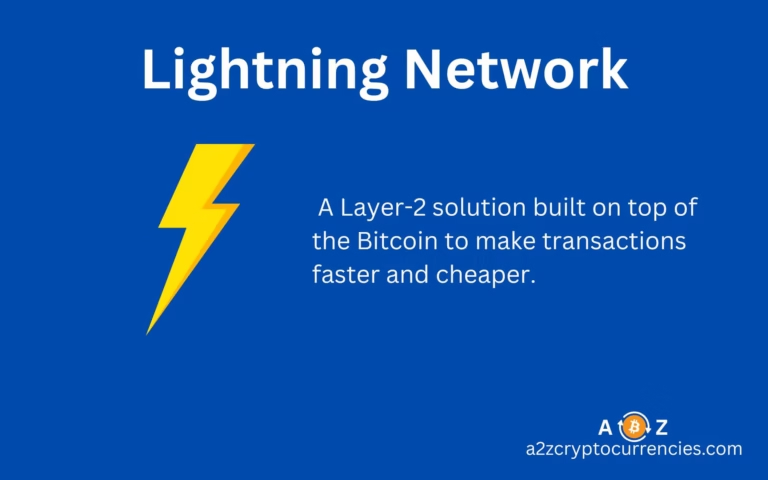
The Lightning Network is a second-layer technology built on top of the Bitcoin blockchain, designed to make transactions faster, cheaper, and more scalable.
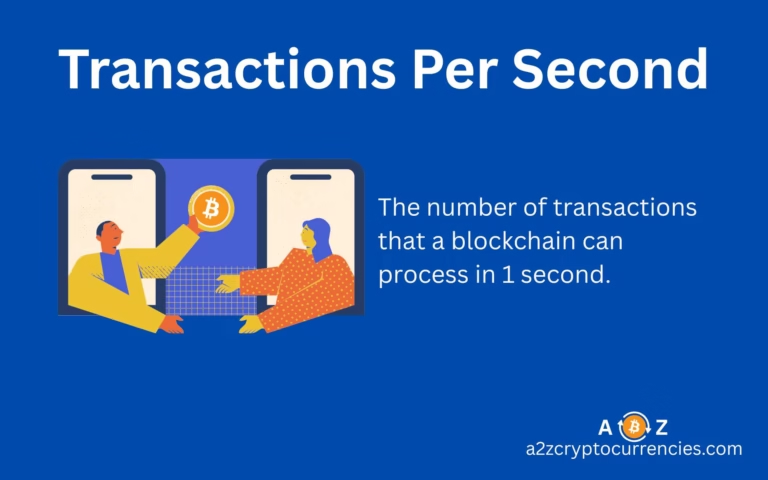
TPS refers to the number of transactions that a blockchain can process and finalize in a second.
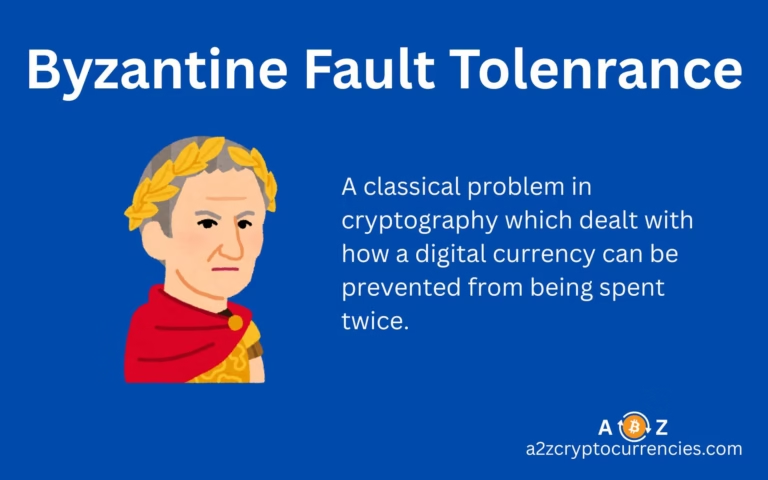
The Byzantine Fault Tolerance was a classical problem in cryptography which dealt with how a digital currency can be prevented from being spent twice.
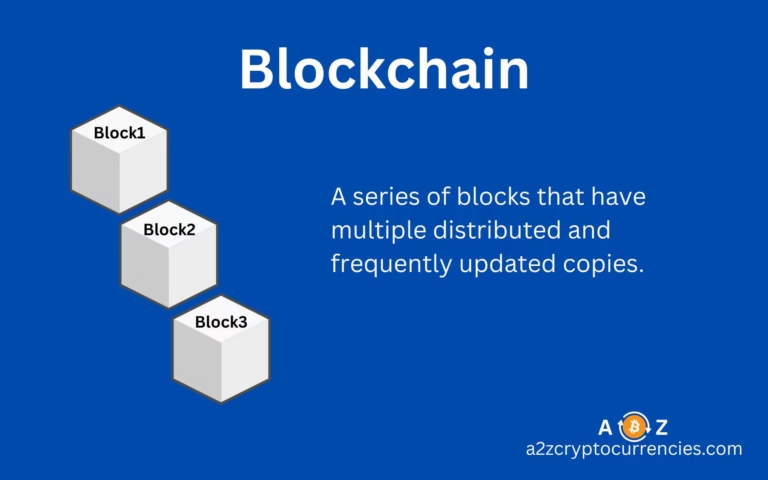
A blockchain is a decentralized ledger composed of blocks to record transactions in an anonymous, secure, and trustless manner.